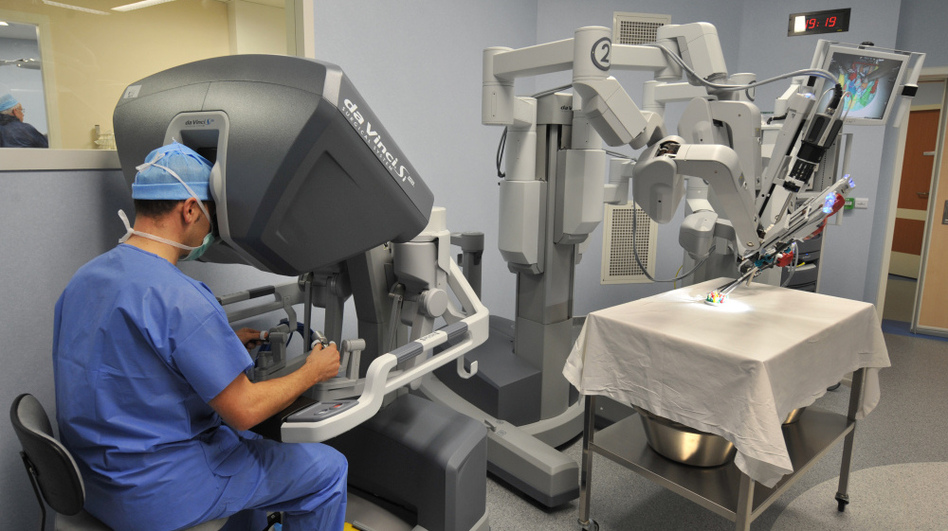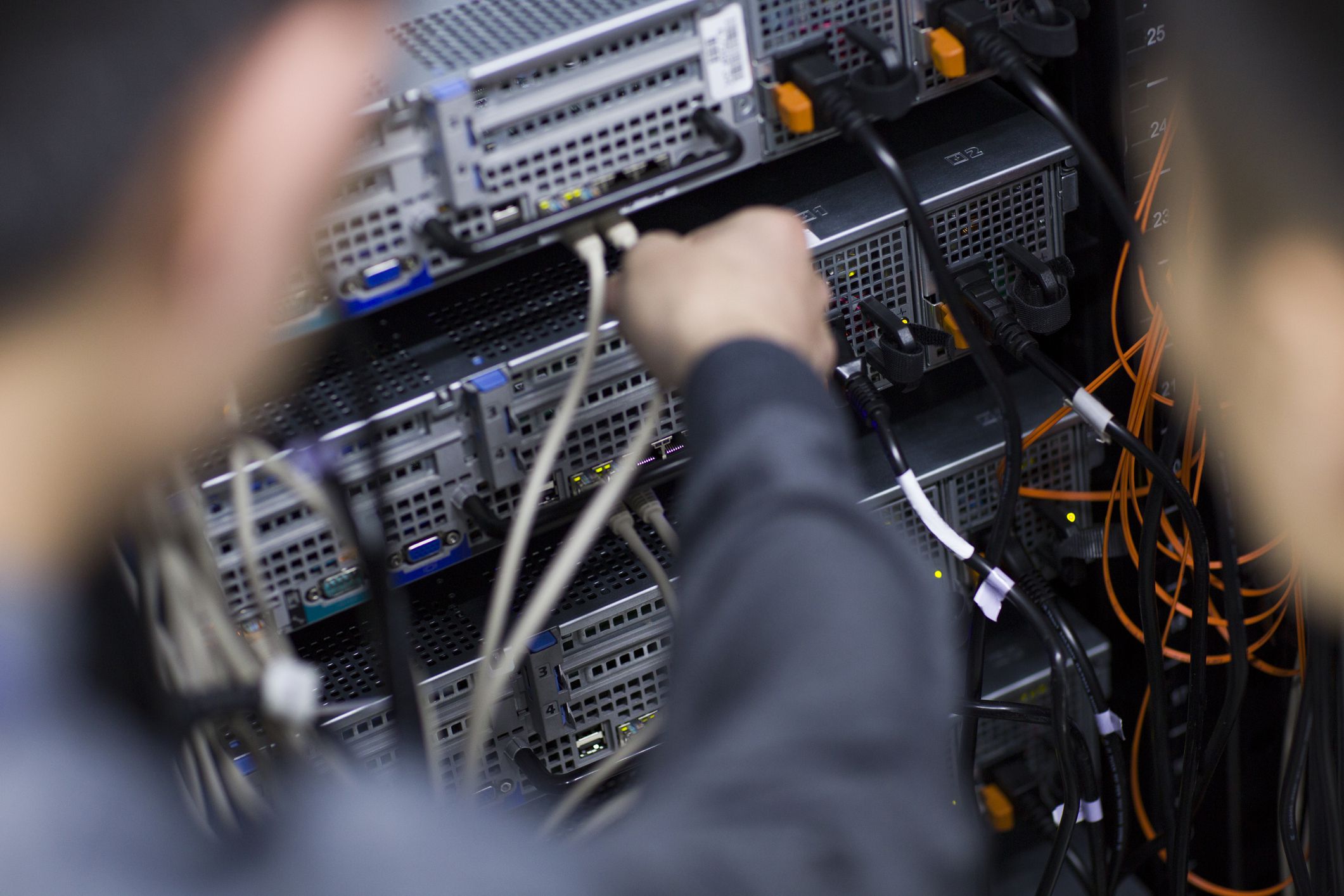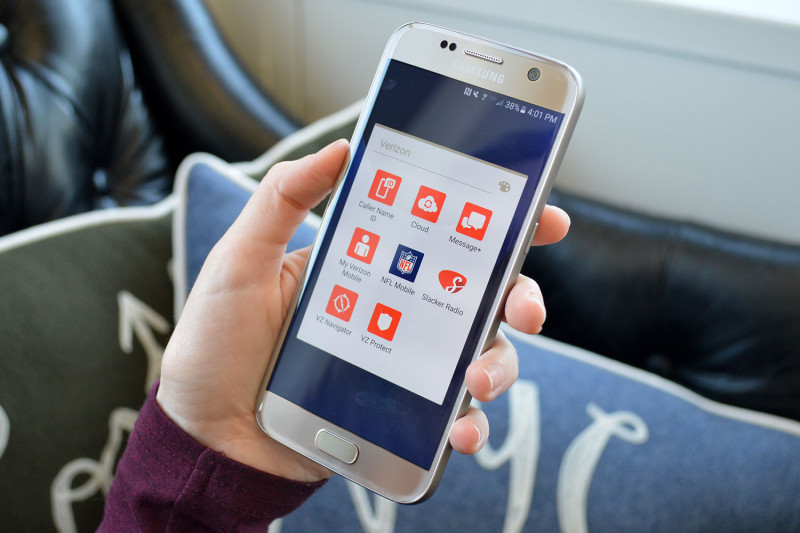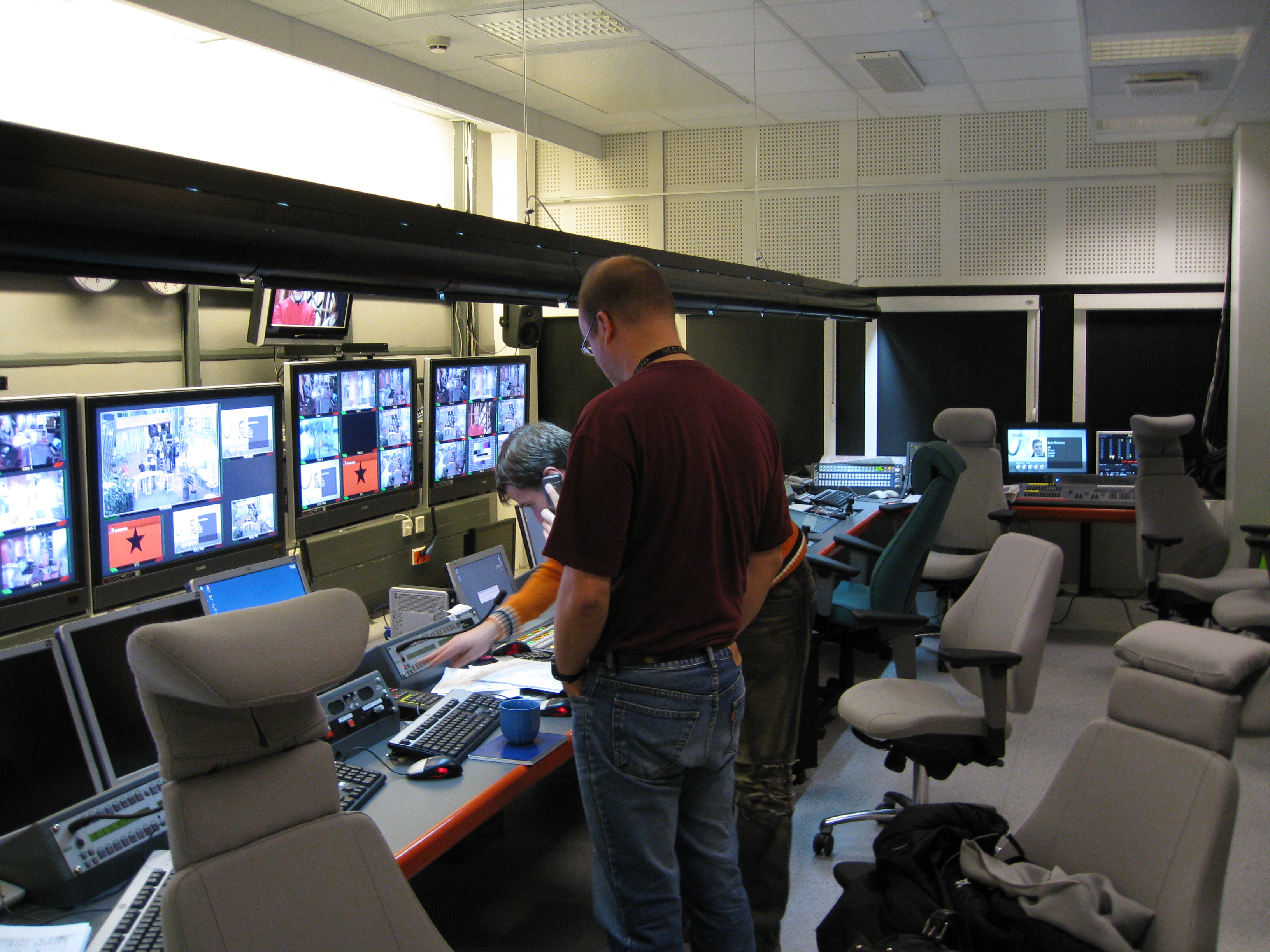Are Robots Replacing Healthcare Professionals?
Generation Y also known as ‘the Millennials’ have grown up with technology at every turn, and certainly the last decade has seen some of the world’s greatest technological advances. From remote control vacuum cleaners to robotic dogs (yes, we all remember that Christmas), robotics have featured highly on our agenda as they become increasingly smaller and cheaper to create. Robotics have already revolutionised the pharmaceutical industry, but another industry that has seen a marked increase in professional robotics is the healthcare industry, with robotics being invested in and used within healthcare services across the globe.
Medical and surgical robots are now able to perform a vast range of incredibly precise movements with speed and accuracy that is unrivalled by humans. Rather than rely upon work weary doctors who are managing huge caseloads on little sleep, robotic surgeons are able to perform procedures time and time again, offering an increased success rate for the patients and freeing up valuable time for busy consultants.
Robots are not only time saving but they are also potentially lifesaving, as demonstrated with the radiotherapy robots that can deliver radio treatment to patients without risking overexposure to unaffected human technicians. Furthermore, robots can be used for lifting immobile patients and for completing menial tasks such as filing and pharmaceutical work, thus alleviating the staff shortage pressures faced within our NHS day after day.
So can robots really replace health professionals? In theory, the short answer is yes. Robots have the potential to carry out non-invasive surgical procedures, manage infection control, diagnose illnesses in the laboratory setting, distribute medication and even serve food. More advanced robots can help Type 1 Diabetics manage their food diary and blood glucose levels, and some can even function as a carer for the elderly and infirm in the comfort of their own home. Autistic patients and vulnerable adults living alone can find company and mental stimulation through intelligent robotics that will communicate with them and monitor them, allowing family, friends and carers to have a much needed break.
The obvious benefits of employing robots within the health service is the increased precision without having to cater for human error or fatigue or technician safety, coupled with the savings made on labour costs. However it is important to consider the emotional aspect of healthcare that simply cannot be provided by a machine. Yes, robots can perform a menagerie of tasks extremely well to care for and communicate with a patient, but they cannot be programmed to understand and empathise with a patient. There is no doubt that robots are on the rise in the healthcare service, and our NHS will be all the better for it, but we doubt that the medical staff need to worry about losing their jobs, rather they should look forward to being able to do them to a higher standard as they are freed up by robotics in the future.




